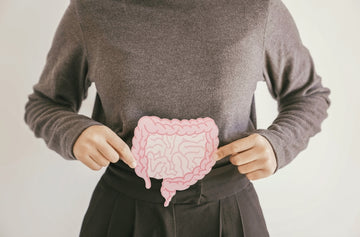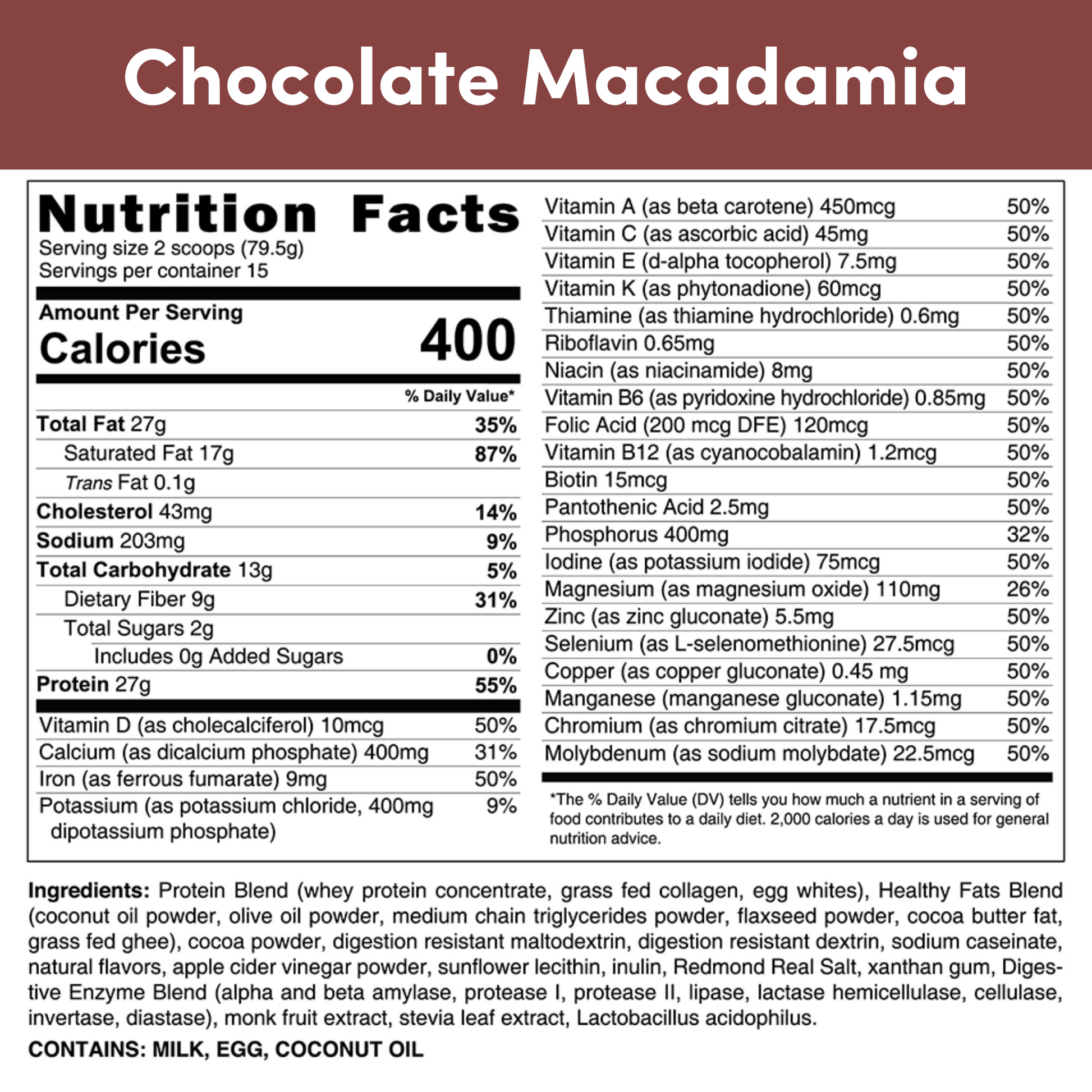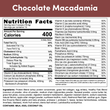Keto Diet for Anxiety and Depression: What Research Shows
Keto for Mental Health
Mental health disorders such as anxiety and depression affect hundreds of millions worldwide. While therapy and medication remain the cornerstones of treatment, there is growing interest in the role of diet as a powerful, underutilized tool to support emotional well-being. One dietary approach gaining attention? The ketogenic diet.
Although often associated with weight loss and blood sugar control, keto may also offer unique benefits for brain chemistry, mood regulation, and inflammation—all key factors in mental health.
The Brain-Mood Connection: Fueling Mental Stability
The brain requires a steady and efficient supply of energy to function properly. On a typical high-carb diet, energy delivery fluctuates with blood sugar levels. These highs and lows can negatively affect mood, cognition, and emotional stability.
In contrast, a ketogenic diet supplies the brain with ketones—a cleaner, more stable fuel that doesn’t rely on constant glucose availability. This metabolic shift can improve energy consistency, potentially leading to enhanced mood and focus[1].
Ketones and Neurotransmitter Balance
Mood disorders often involve imbalances in neurotransmitters like GABA (calming) and glutamate (stimulating). Research suggests that ketone metabolism may help restore this balance by increasing GABA while reducing excessive glutamate activity[2].
This calming effect may contribute to reduced anxiety and more emotional resilience, especially in individuals prone to overstimulation or panic.
Anti-Inflammatory Effects on the Brain
Chronic inflammation is increasingly recognized as a contributing factor to depression and other mood disorders. The ketogenic diet has powerful anti-inflammatory effects, particularly through suppression of the NLRP3 inflammasome, a key player in neuroinflammation[3].
By reducing oxidative stress and systemic inflammation, keto may help create a more balanced internal environment for emotional health[4].
Stabilizing Blood Sugar, Stabilizing Mood
Blood sugar spikes and crashes are closely tied to irritability, fatigue, and brain fog. For individuals with mood swings, hypoglycemia can be a hidden trigger.
Keto eliminates the sharp fluctuations associated with high-carb meals by minimizing insulin surges. The result? More stable mood, better focus, and less emotional reactivity[5].
Mitochondrial Support and Brain Energy
Mitochondrial dysfunction has been implicated in depression, bipolar disorder, and other psychiatric conditions. Since ketones improve mitochondrial efficiency and reduce free radical damage, they may enhance energy production in brain cells, improving overall function and mood regulation[6].
This mitochondrial support is particularly important for treatment-resistant or chronic cases of depression, where energy metabolism is often impaired.
Human Trials and Early Evidence
Though research on keto and mental health is still in its early stages, preliminary studies and case reports are promising.
- In one study, patients with bipolar disorder following a ketogenic diet reported better mood stability and reduced need for medication[7].
- Another pilot study in overweight individuals with depression showed significant improvements in mood scores after 8 weeks on a ketogenic diet[8].
Additionally, anecdotal evidence and clinician case reports continue to highlight keto’s mood-enhancing potential, especially when conventional treatments fall short.
Synergy with the Gut-Brain Axis
Emerging research points to the gut-brain connection as a major player in mental health. The gut microbiome produces neurotransmitters, communicates with the central nervous system, and modulates inflammation.
While keto can alter gut bacteria composition, studies suggest that it may reduce gut-derived endotoxins and improve gut integrity—which can have downstream effects on mood and anxiety[9].
Nutrients That Support Mood on Keto
A well-formulated ketogenic diet is rich in nutrients that support brain and emotional health:
- Magnesium: calming mineral involved in neurotransmitter balance
- Omega-3 fats: reduce inflammation and support brain cell membranes
- Vitamin B6 and B12: crucial for dopamine and serotonin production
- Zinc and selenium: antioxidant cofactors involved in mood regulation
By prioritizing nutrient-dense foods like beef, eggs, fatty fish, nuts, seeds, and organ meats, keto can deliver the building blocks needed for emotional well-being.
Not a One-Size-Fits-All Solution
It’s important to note that while many experience mood improvements on keto, responses can vary. Some may feel temporary irritability during keto adaptation (often called “keto flu“), and others may need a more moderate carb intake to feel their best.
Working with a knowledgeable healthcare provider ensures the diet is tailored and nutritionally complete, especially for those with underlying mental health conditions.
Conclusion: A Promising Path to Better Mental Health
Keto is more than a metabolic intervention—it’s a nutritional strategy that may support the mind as much as the body.
By enhancing brain energy, reducing inflammation, stabilizing blood sugar, and supporting neurotransmitter balance, a ketogenic diet has the potential to improve emotional well-being and reduce symptoms of anxiety and depression.
While not a replacement for therapy or medication, keto offers a hopeful, science-backed option for those seeking a more holistic approach to mental health.

















 30 Day Money Back Guarantee
30 Day Money Back Guarantee